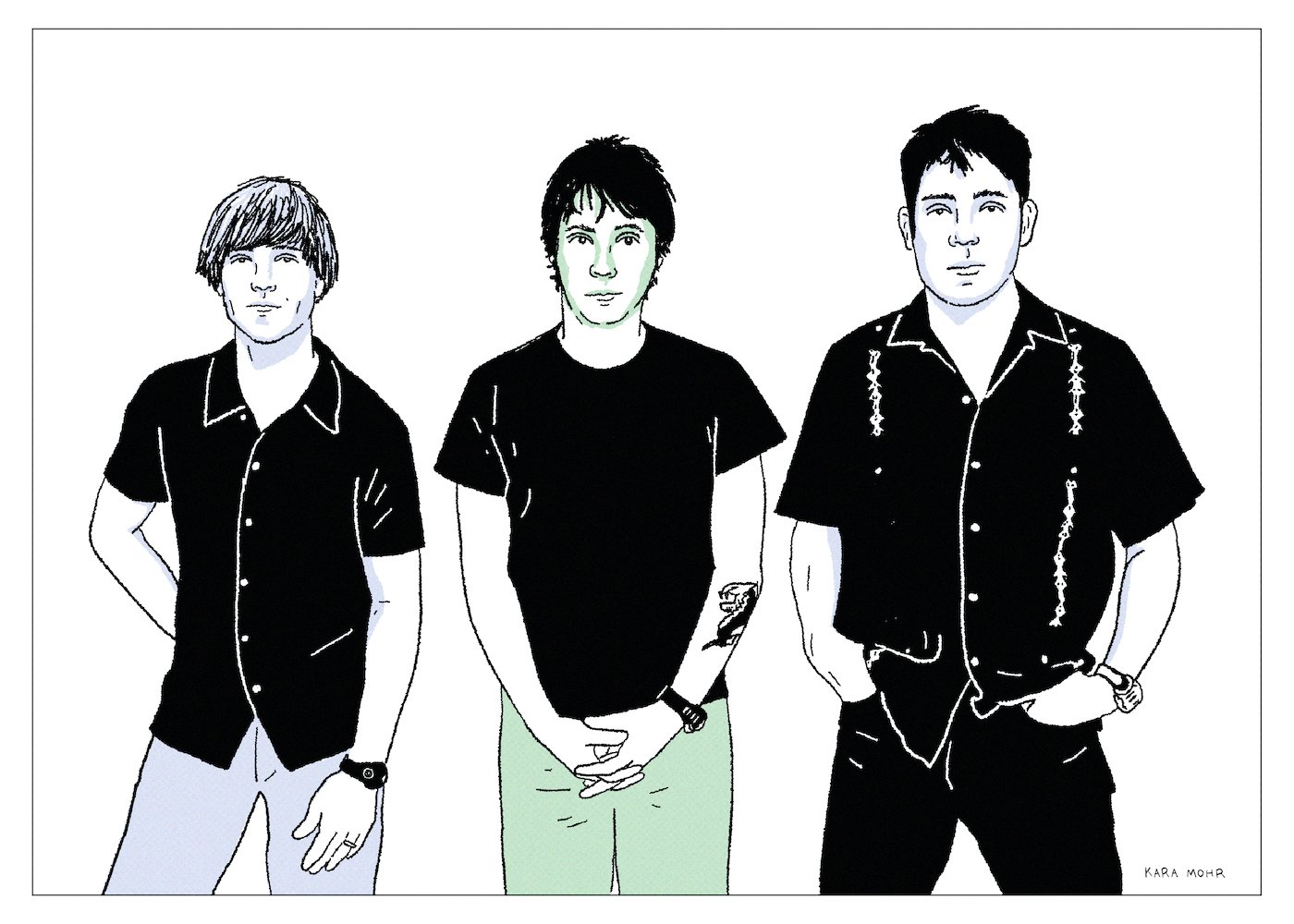
Fastball “Little White Lies”
Nada Surf, Superdrag, Fountains of Wayne, Harvey Danger, Semisonic. There is a cohort of Modern Rock bands from the Nineties who made off-kilter Power Pop and who became briefly, somewhat famous. But Fastball was different in that (a) they were more than just somewhat famous and (b) when they faded, they plummeted. Moreover, unlike their peers, Fastball was not retrospectively considered under-appreciated. In fact, they were hardly reconsidered at all. Fastball never had a second act as prestige artists on an Indie label. Never had a third act as songwriters to the stars. They just — and just barely — kept going, writing great songs and making very good albums.
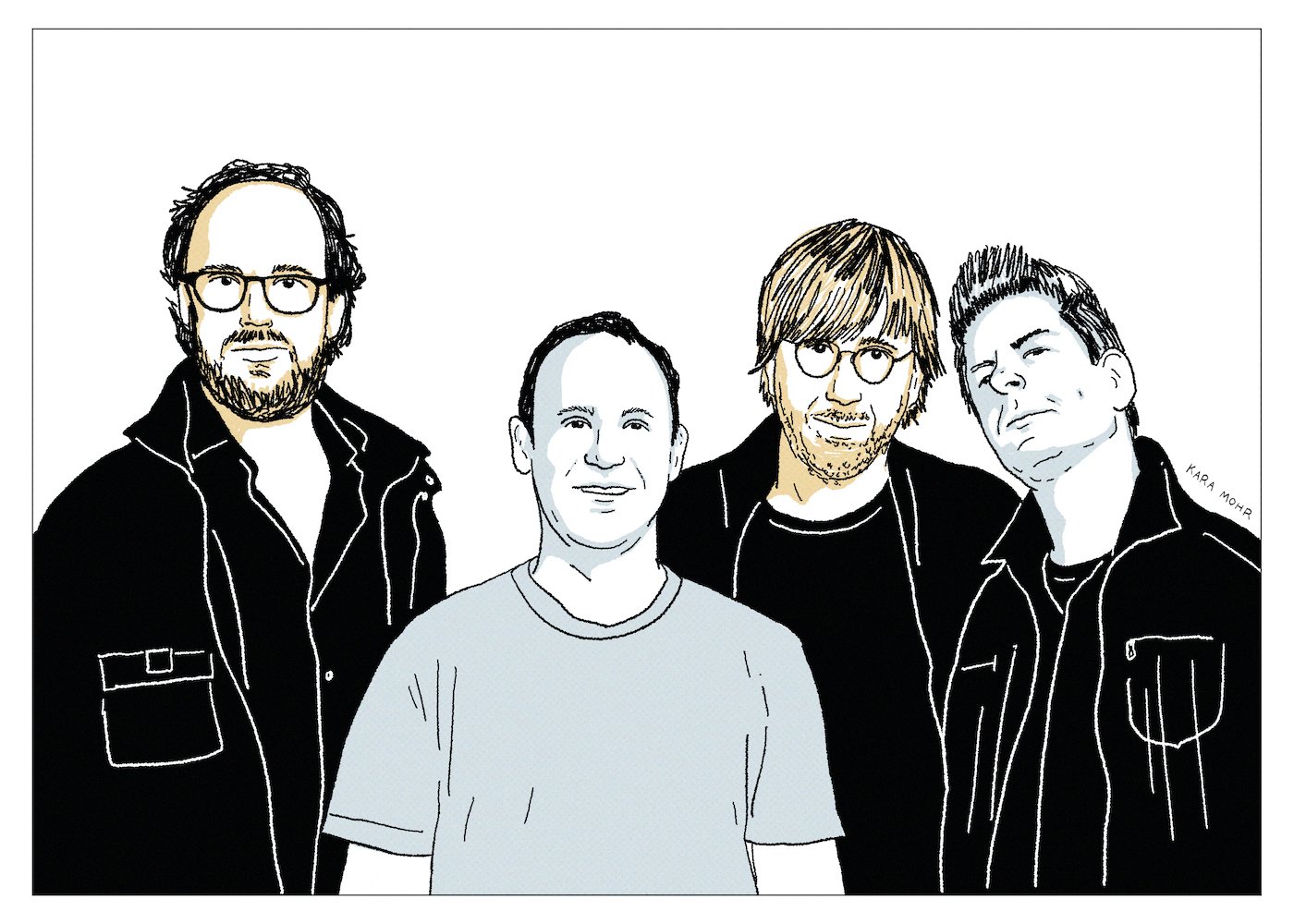
Phish “Fuego”
I have a Phish problem. Or at least, for the last thirty years I’ve told myself that I have a Phish problem. This problem is in spite of my adoration for the state of Vermont. In spite of my having seen Phish perform live multiple times. In spite of being occasionally, but earnestly, wowed by the wizardry of their jams. In spite of my appreciation for their business acumen. In spite of my loving their Ben & Jerry’s flavor. Yes — in spite of all of it — I don’t abide. Which, for most people, would not be such a problem. But, as a Vermonter at heart, I am left with this unrelenting pull between my Yes-Vermont soul and my No-Phish conscience. It is a battle that, until recently, I had ignored. But it was a battle that I knew — someday, somehow — I’d need to resolve.
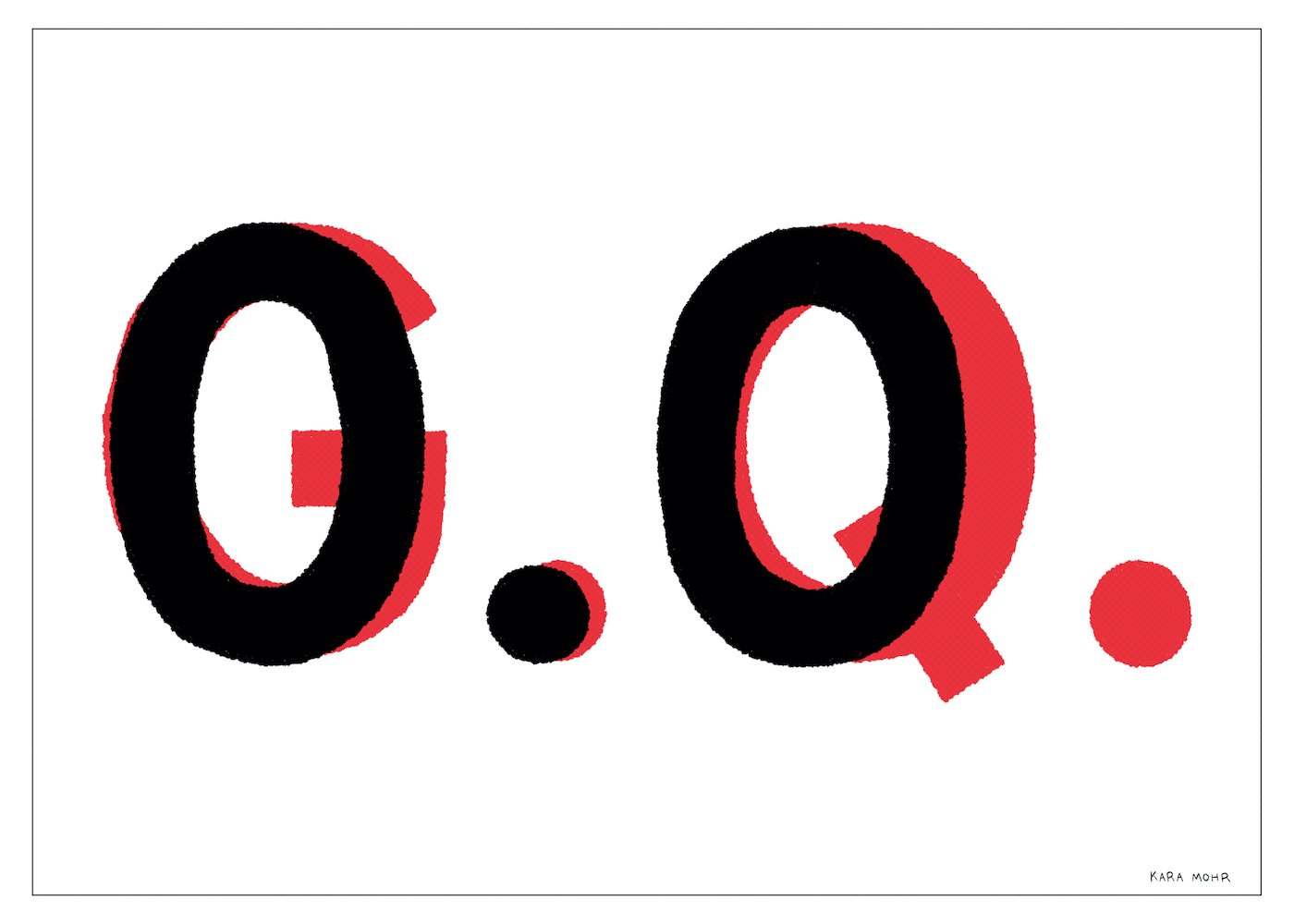
Pitchfork “0.0”
It’s been a couple of weeks since Condé Nast’s decision to reorganize and downsize Pitchfork, a move that drew head scratching disbelief and foot stomping ire from everyone with an opinion on the matter. As with all corporate shake-ups, the full implications won’t be understood for some time. But what is knowable now, and for certain, is that (a) many people lost their jobs and (b) Pitchfork is the only Condé Nast brand to have successfully unionized. Meanwhile, what should have been known to Anna Wintour (Condé Nast Chief Content Officer), Roger Lynch (Condé Nast CEO) and Nick Hotchkin (Condé Nast CFO), is that nobody under the age of fifty gives a shit about G.Q. (the title that Pitchfork was reorganized into) and that many people give many shits about Pitchfork.
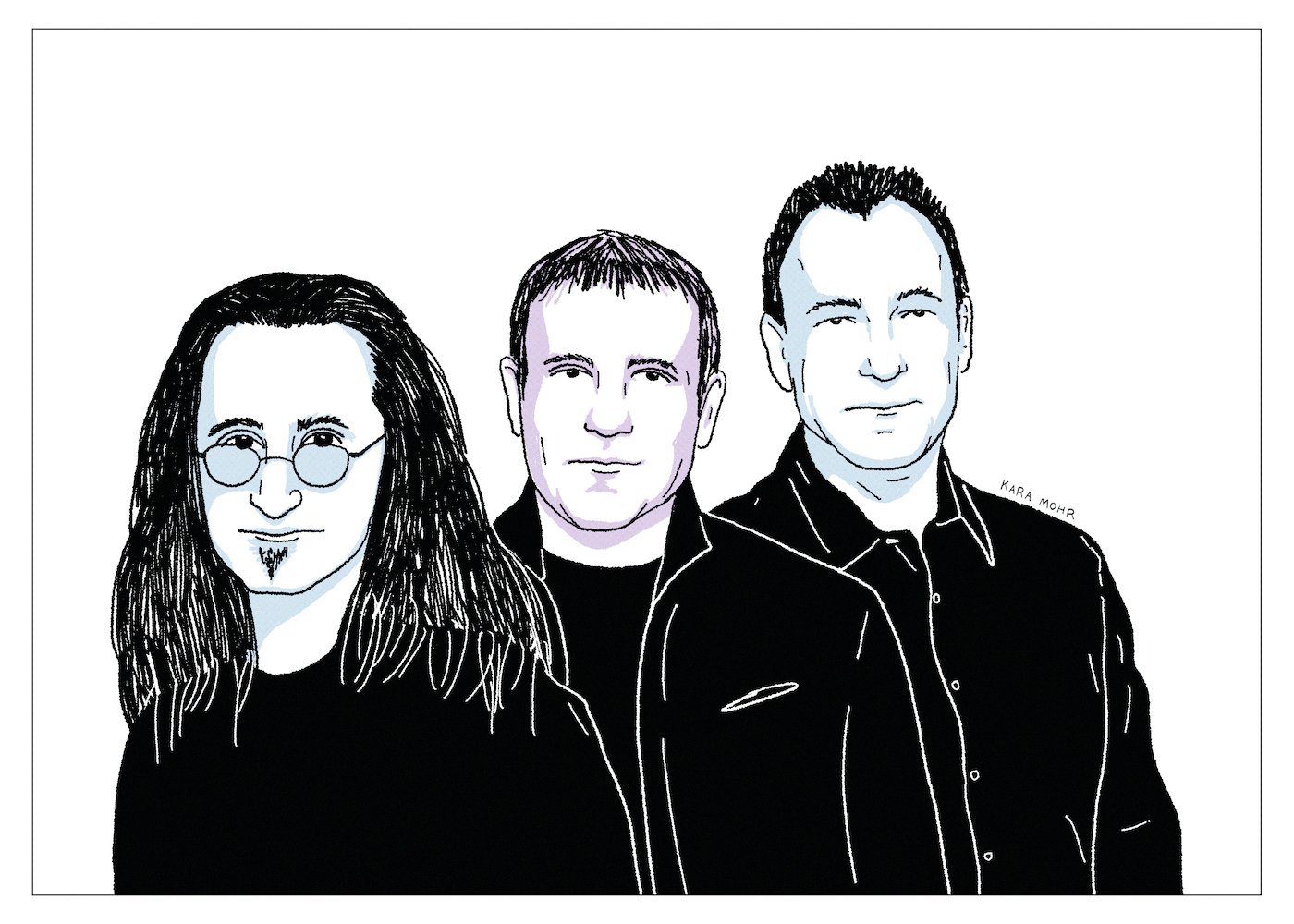
Rush “Vapor Trails”
By the time I reached middle age, my longstanding, polite refusal of Rush had settled into a wizened indifference. In fact, since I was not a subscriber to Guitar World or Drummerworld magazines, many years would go by without me hearing a peep about the band I’d once tagged “Loser Van Halen.” But then, one day, I caught wind of “Rush: Beyond the Lighted Stage,” a documentary that was generating buzz on the festival circuit. That buzz swelled, culminating in awards, which begot a short theatrical run, which is where, in the summer of 2010, I was confronted with the most unfathomable of questions: What if the band I liked the least was the one I loved the most?
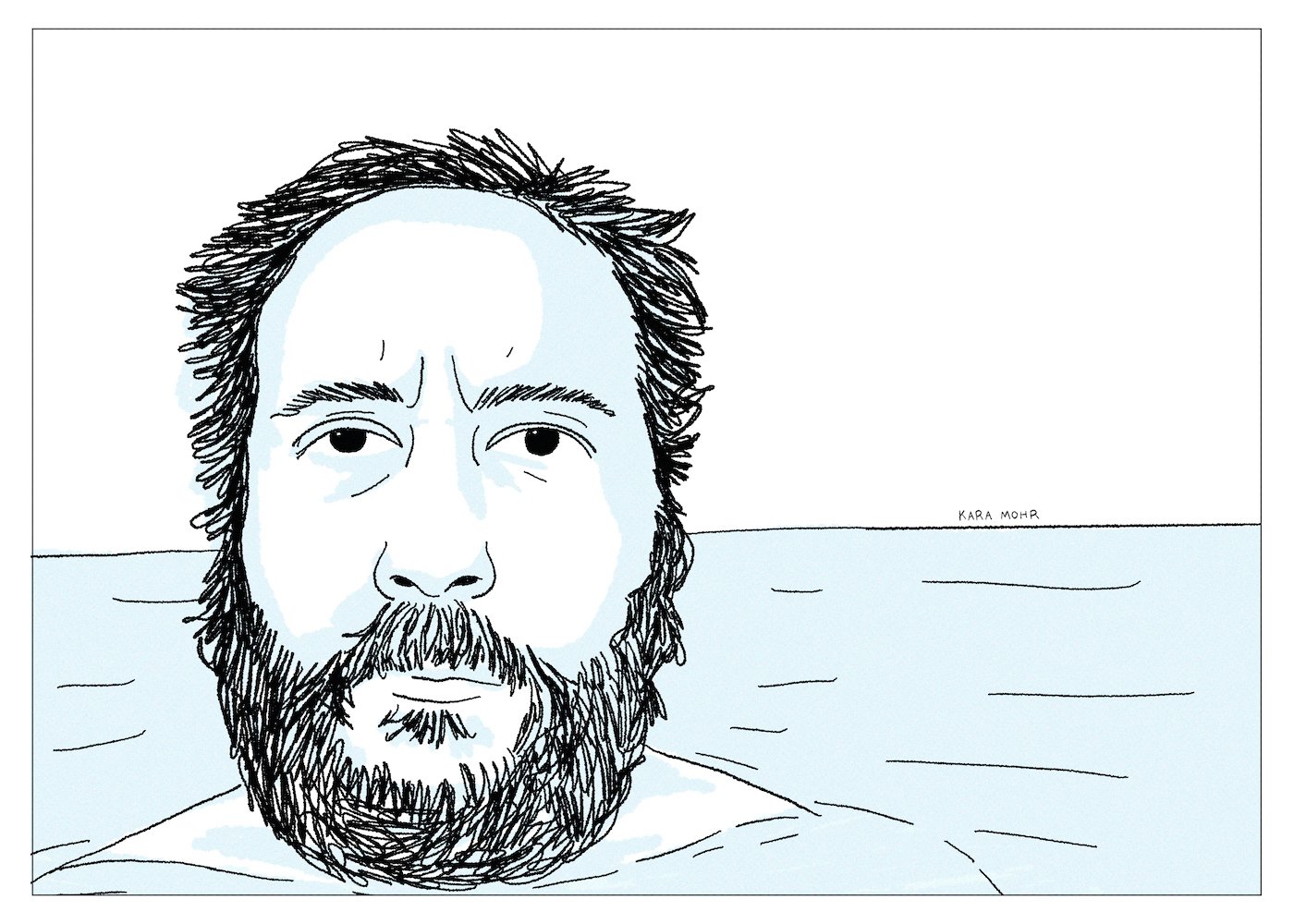
Bry Webb “Run With Me”
Some bands are corporations, like The Rolling Stones. Some are communes, like Big Thief. Some are gangs, like The Clash. The Constantines, however, were more like a union — the genuine article. They were brothers in arms, in jeans and flannel. But when their mission inevitably bumped up against the realities of family and finance, the union dissolved. The miracle was not that The Cons broke up. The miracle was that they were so true and so committed for as long as they were. Just four albums. Not even a decade. But they never stopped waving the flag. Never stopped working. Which is why Bry Webb needed a break. Why, first, he left for Montreal. And then to Guelph, outside Toronto, where he started anew — as a husband, a college radio programmer and the maker of quiet, plaintive songs about the glow and glare of new fatherhood.
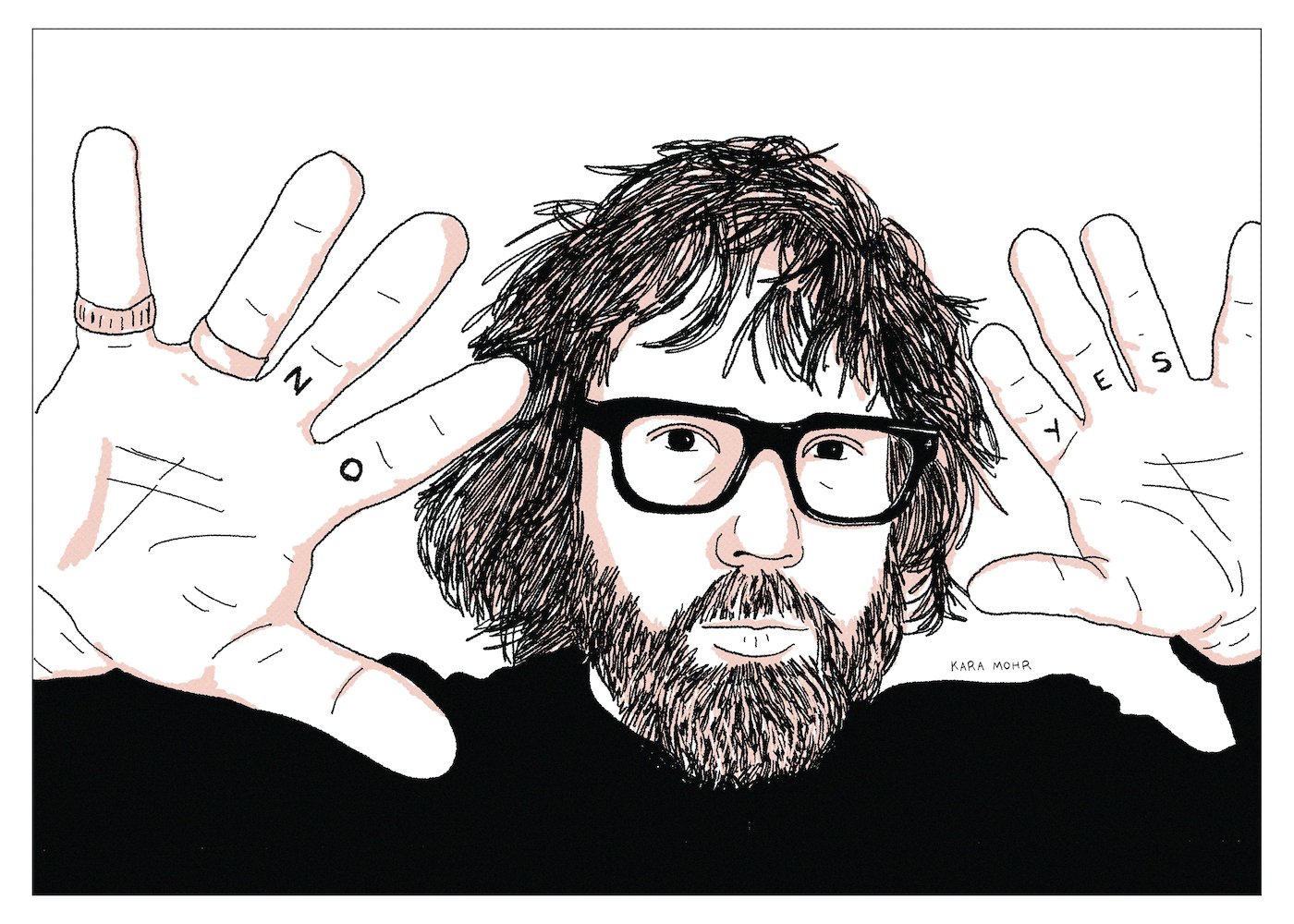
Kevin Drew “Aging”
Since “You Forgot It in People” — the record that a generation made out to and broke up to — every Broken Social Scene album has been an event. The reveal of who’s in and who’s out and the inevitable comparisons to their masterpiece. But while they have all been events, they have been more so celebrations. For all of the gothic romance of “Lover’s Spit,” Kevin Drew sure seems like a jubilant fellow. “Hug of Thunder” is his brand. He’s the glue and the vibes. But he’s also a guy who exists outside of his collective. In between those BSS records, Drew has been releasing lower stakes solo albums. Initially, with many members of Broken Social Scene. Then with a few. And then, finally, all alone.
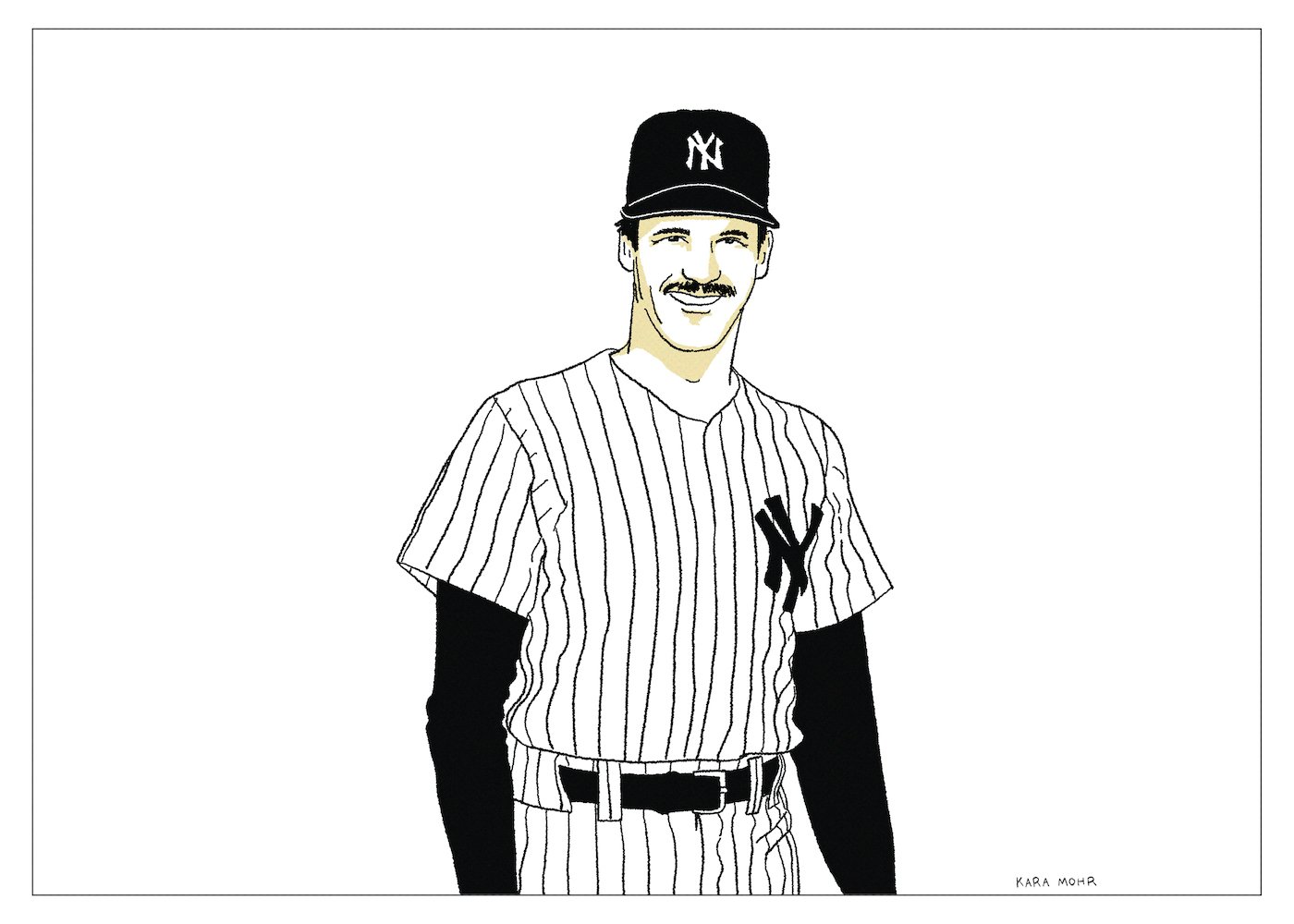
Ron Guidry “Gator Wrestling”
Sandy Koufax famously retired at the age of thirty, while still at the top of his game. To fans, his exit was abrupt, but graceful — the definition of an athlete leaving on his own terms. Ron Guidry was the opposite. While his career stats were almost interchangeable with Koufax’s, and while their peaks were similarly untouchable, their retirements were a study in contrast. After a stellar ‘85 season, wherein he won twenty-two games, led the league in winning percentage and finished second in the Cy Young award, Guidry faded. Injuries started to mount. Shoulder. Then elbow. Surgery was required. Rehabs were long. Every step forward felt like two steps back. Until, eventually, Gator was down in AAA, waiting for the call and wondering if he’d ever pitch in the majors again.
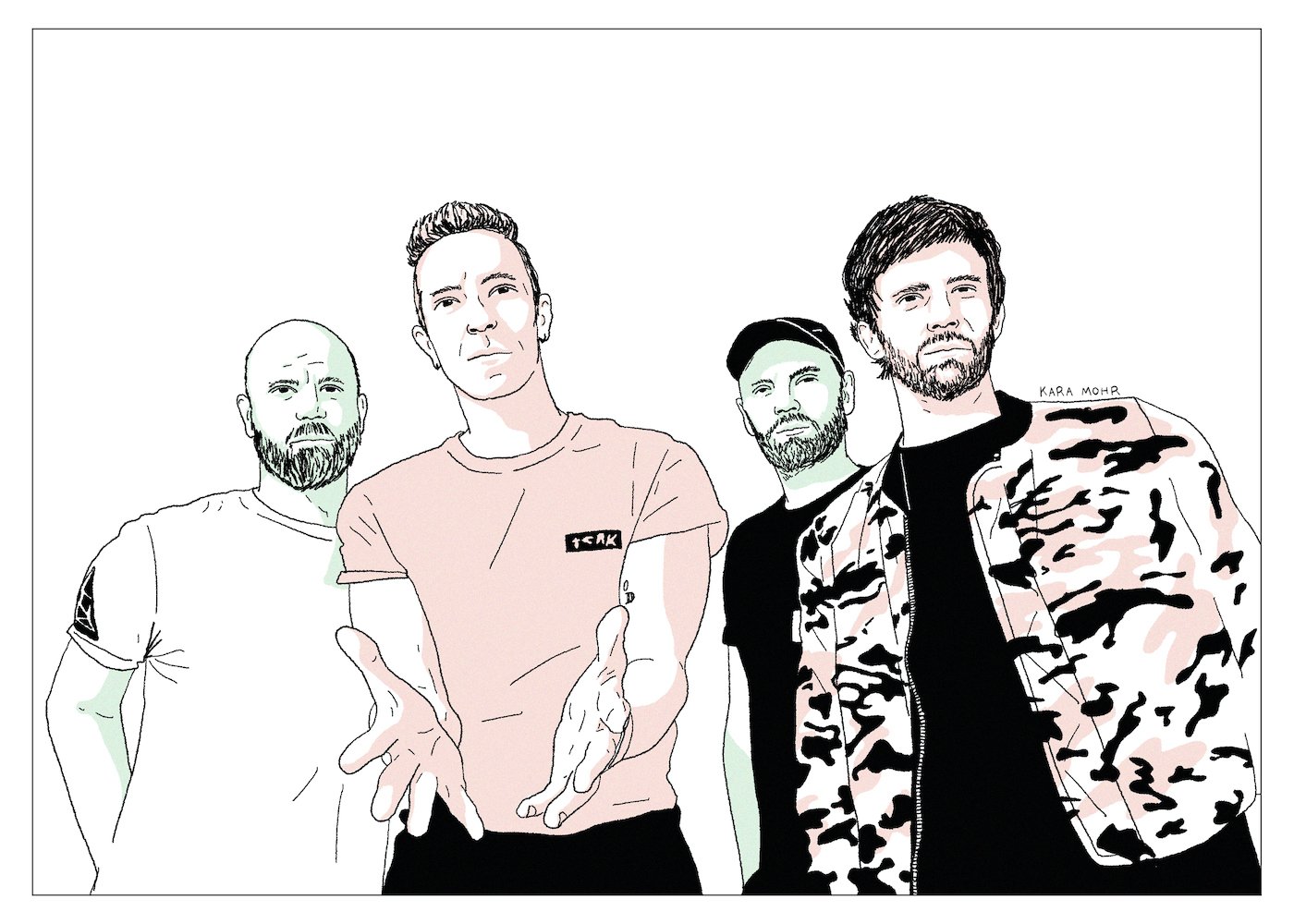
Coldplay “Music of the Spheres”
And that was the thing about Coldplay — they were fine. Extremely so. But, also, just so — fine. Their bug — a complete lack of tension — had become their undeniable feature. Even in divorce, Chris Martin managed to avoid friction, co-describing his split from Gwyneth not as a divorce or a break-up, but as a “conscious uncoupling.” However, where their consistency was once considered a strength, in time people began to whisper about their boring sameness. At the height of their ascent, Martin had quipped that Coldplay needed to focus on getting better, not bigger. By the second decade of the twentieth century, however, they were neither better nor bigger. They were more hovering blimp than soaring rocketship.
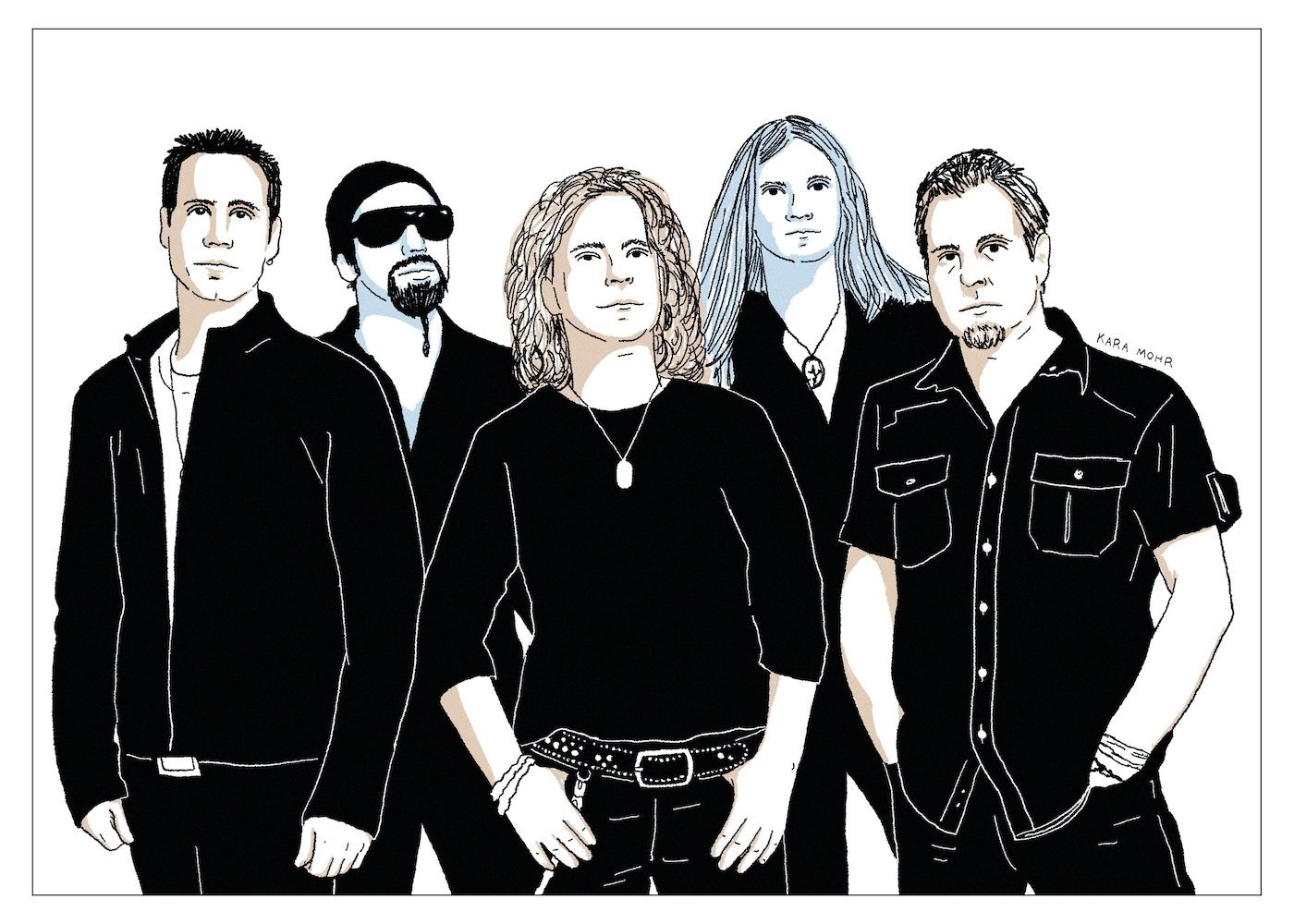
Night Ranger “Somewhere in California”
What happens to our dreams in middle age? Do they still matter? Were they silly to begin with? These are the questions we wrestle with on the other side of forty. And, as much as Night Ranger were an Eighties Rock band, they were also a middle-aged Rock band. Strictly speaking, they were more the latter than the former. While they released five albums during their heyday, they — amazingly — have put out eight albums since. Their most recent album, from 2021, was “A.T.B.O.,” an acronym for “And The Band Played On.” Its predecessor, from 2017, was entitled “Don’t Let Up.” The evidence suggested that Night Ranger wasn’t simply “hanging on.” That they were not content being “the Sister Christian guys.” That there was a destiny yet to be fulfilled.
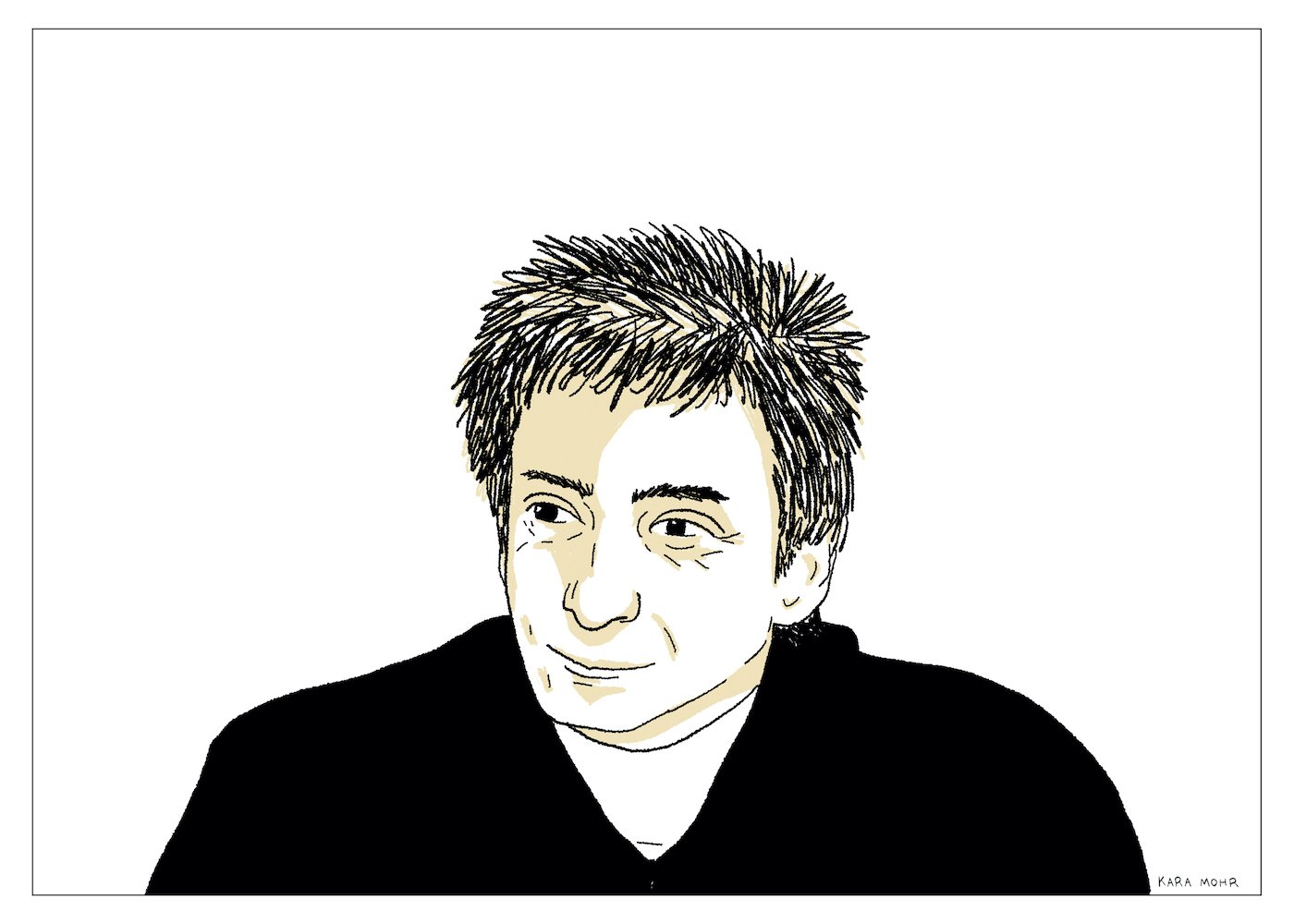
Barry Manilow “Here at the Mayflower”
Barry Manilow has sold more than eighty-five million albums — that’s more than Tom Petty, Nirvana or KISS. Once upon a time, he was the yellowing wallpaper of American music. For the better part of a decade, his songs were all over the radio, in grocery stores, waiting rooms and elevators. But, by 1984, years after “Mandy,” he’d hit a wall. Yes — the man who wrote the songs (but who I later learned did not write “I Write the Songs”) stopped writing the songs. After “2:00 AM Paradise Cafe,” it would be another twenty years before Manilow produced another album of originals. When he did, though, it was a doozy. “Here at the Mayflower,” from, 2004, was the apotheosis of Barry Manilow — an album of Swing, Mambo, Pop, Disco and Cabaret tunes about the apartment building in Williamsburg, Brooklyn where he grew up. It was the record that Terri Gross and Oprah Winfrey desperately wanted. It was the concept album he was born to write.
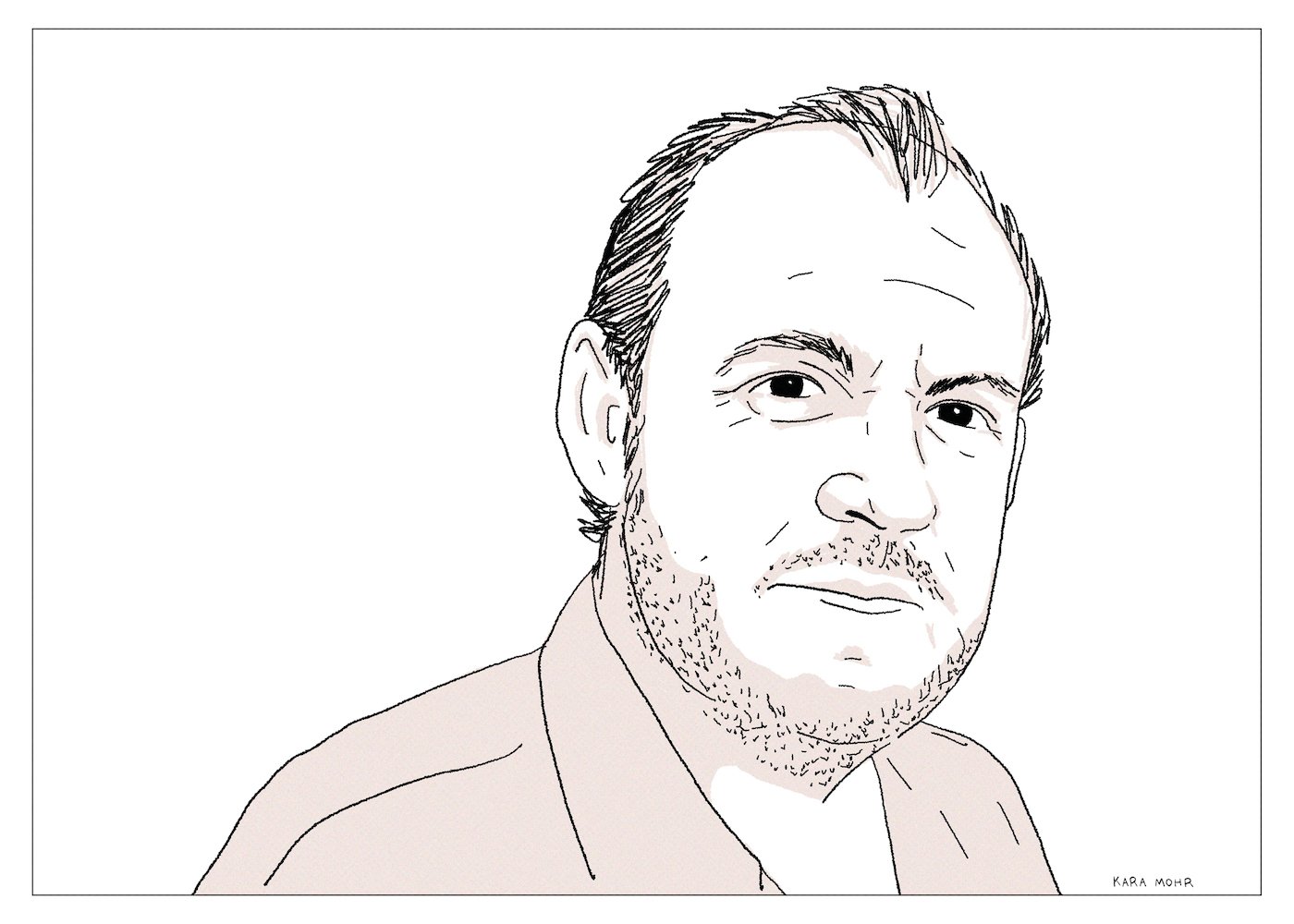
Joe Cocker “Heart and Soul”
“Heart and Soul” was Cocker’s response to Johnny Cash and Rick Rubin — simple arrangements of classics, alongside unexpected takes on Modern Rock. Cocker, who had not flirted with contemporary material in decades, decided to cover (like Cash) U2’s “One” and R.E.M.’s “Everybody Hurts.” But unlike The Man in Black, who mostly talk-sang his way through the “American Series,” leveraging the bottom of his one octave range, Cocker pushed the upper limits of his instrument. He was like the aged athlete attempting to match the records of his youth. Like Carl Lewis trying to run a sub ten second 100 meter sprint today, at the age of sixty-two. Joe Cocker could obviously not sing in 2004 like he sang in 1969. But that was the humanity and the tragedy of this project. On occasion, it was touching and beautiful. Elsewhere, though, it was like watching a former Olympian tearing their achilles and then still gutting out the race, howling and limping their way to the finish.
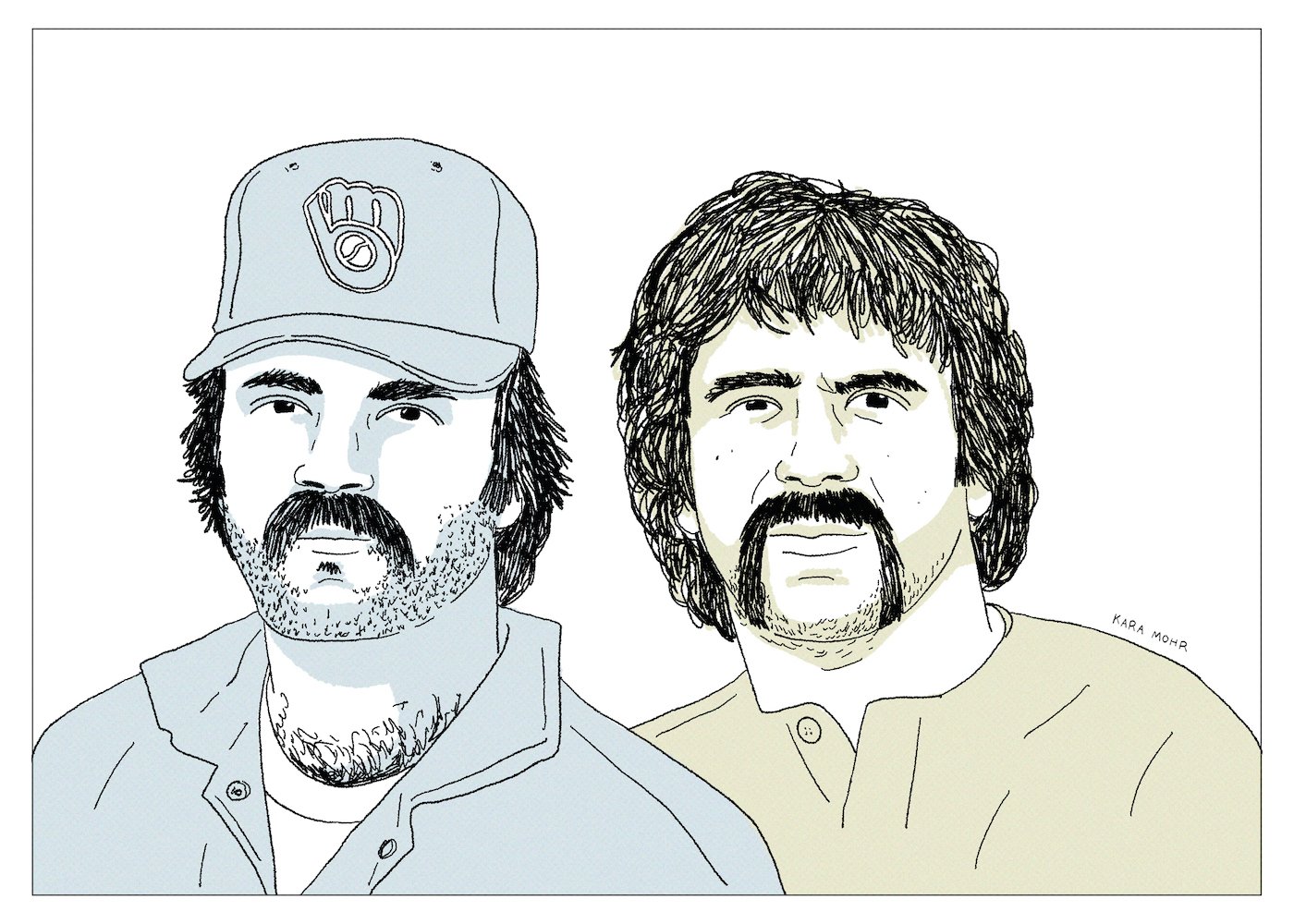
Gorman Thomas and Pete Vuckovich “Stormin’ & Vuke’s”
By the time Pete Vuckovich arrived to Milwaukee in 1981, Stormin’ Gorman Thomas was already a local folk hero. An average day at the office for Thomas featured three strikeouts, a long home run, and maybe a walk, followed by a couple dozen beers in the parking lot. The Brewers had been bottom dwellers when he first came up. But, by 1979, they were competing for titles. And by ‘81, with their potent lineup fully assembled, they found themselves one starting pitcher away from greatness. That ace arrived in the massive form of Pete Vuckovich, who played John C. Reilly to Thomas’ Will Ferrell. For two seasons, the stepbrothers made a run at greatness while setting into motion their future plans as owners of “Stormin’ & Vuke’s,” the greatest bar in the history of Wisconsin.
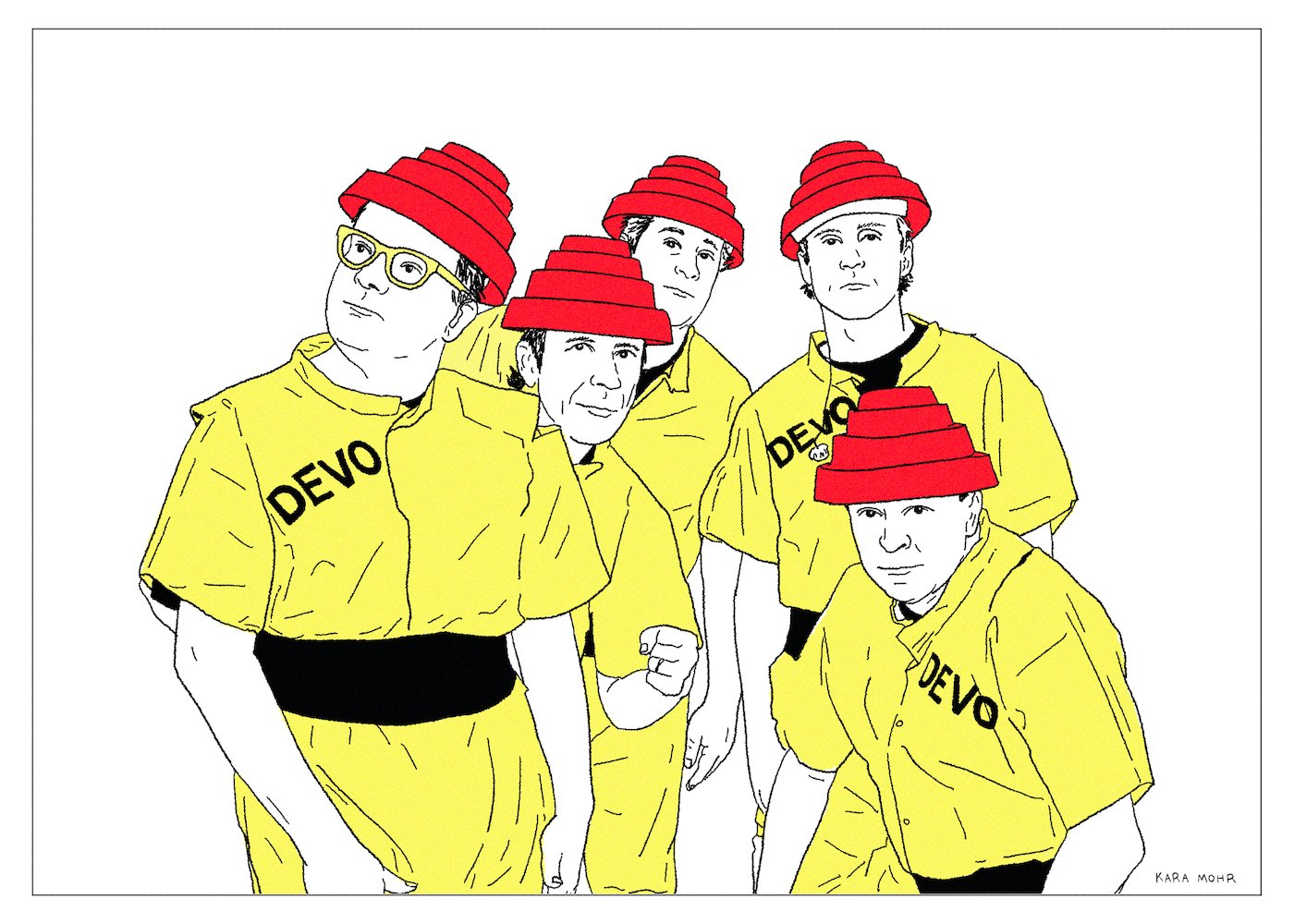
Devo “Smooth Noodle Maps”
Shortly after Mark Mothersbaugh scored “Revenge of the Nerds II: Nerds in Paradise,” but long before he worked on “Rushmore,” Devo was in flux. Dropped from Warner Brothers, they signed to Enigma Records, a label that specialized in crossover Metal, first rate, second wave Punk and just barely mainstream Art Rock. On paper, it seemed like a perfect fit. Unfortunately for both parties, “Total Devo,” from 1988, arrived with a thud and a sigh. If their Enigma debut anticipated the band’s break-up, though, “Smooth Noodle Maps,” from 1990, sealed it. The first Devo album not to chart in any English speaking country was not so much a commercial or critical failure (though it was both of those things) as it was something that Devo had never, ever been accused of. It was boring.
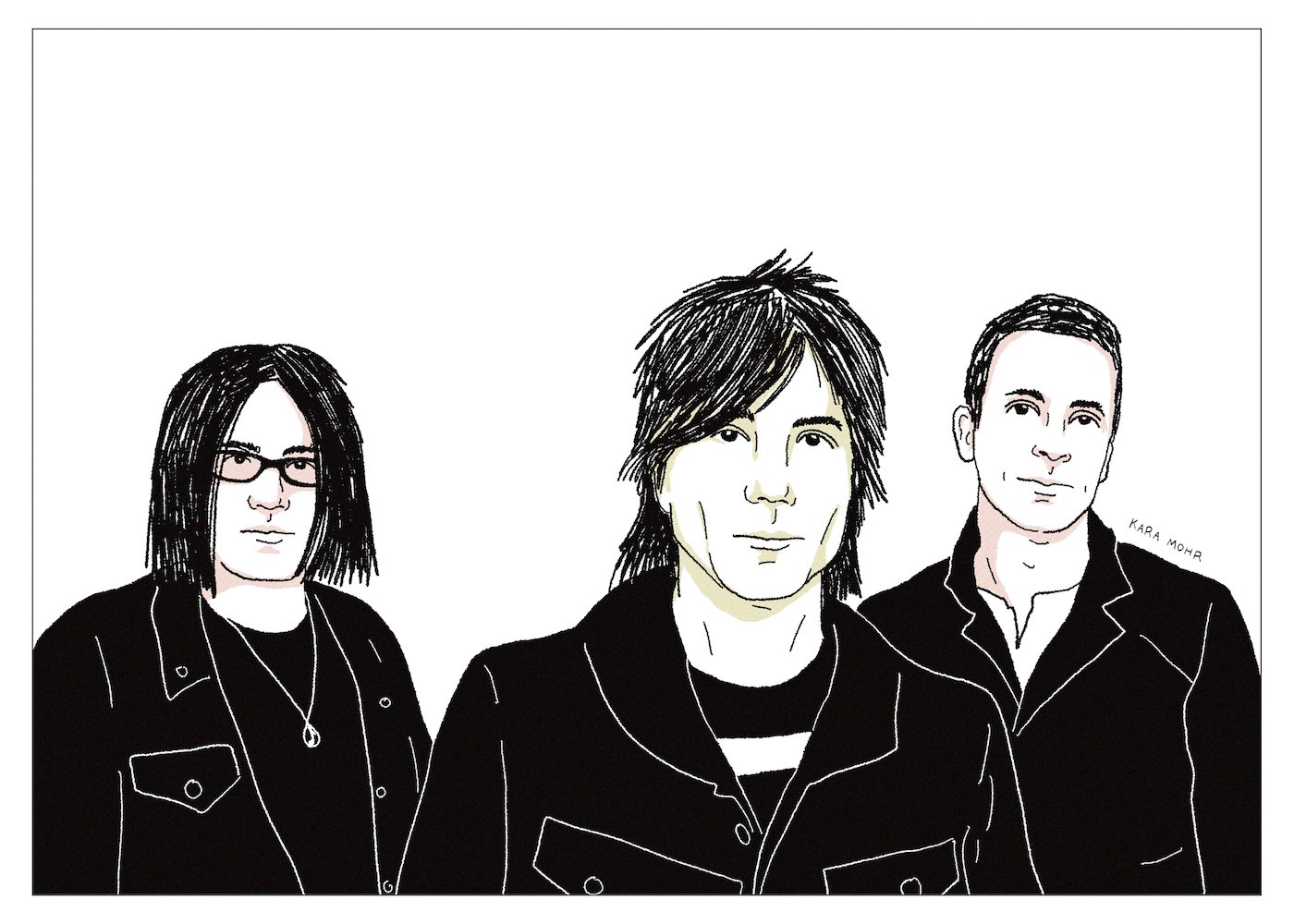
Goo Goo Dolls “Magnetic”
“Magnetic,” the Goo Goo Dolls’ tenth studio album, was a choice — less left, less right, more middle. The ballads inched closer to Coldplay. The rockers closer to Mumford & Sons. It was a direction the Goo Goo Dolls would stick with in the future, introducing tasteful whispers of contemporary Rock and Pop into their road tested formula. But it was never more than a whisper. And none of it seemed to matter much because their fate had been sealed many years before — frozen in amber along with the Clinton Lewinsky scandal, McGwire and Sosa’s home run chase and John Rzeznik’s blonde highlights. For two decades, they have signified “late Nineties Modern Rock that is in no way Alternative Rock.” They are the apotheosis of the form — the very best at it. And yet, in 2013, 2017 and 2020, they were destined to end up on a float in Manhattan for the Macy’s Thanksgiving Day Parade for the most obvious of reasons: November is pumpkin spice season.
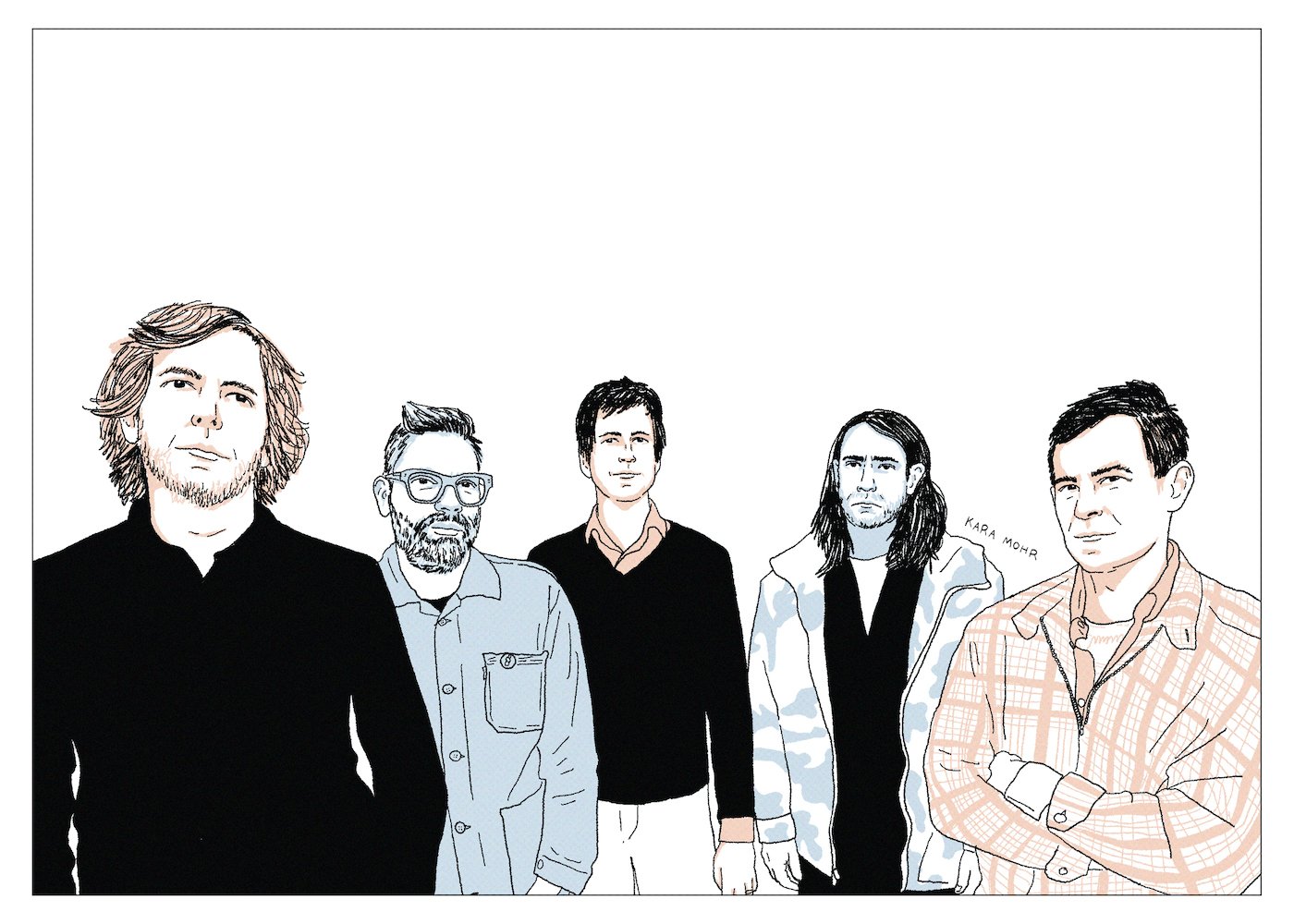
The American Analog Set “For Forever”
Though they broke up in 2008, The American Analog Set started hanging out again in 2013. They’d meet up weekly and play music for the purest of reasons — because they enjoyed being together. It was familiar and comfortable. But in no way did their weekly jams sound like a reunion or even a precursor to a reunion. On the other hand, it did beg the question: If a band plays in a living room for no one but themselves, are they even a band? If a tree falls in a forest, does it make a sound? In truth, nobody knew about these private get togethers and so nobody was asking. But then, a year or so ago, the fading flicker made a pop. Numero Group announced plans to reissue the first three Analog Set albums. A lost track came to light. And then, seemingly out of nowhere, The American Analog Set, who were always as much a dream and a mystery as they were a band, revealed “For Forever,” their first album in eighteen years.
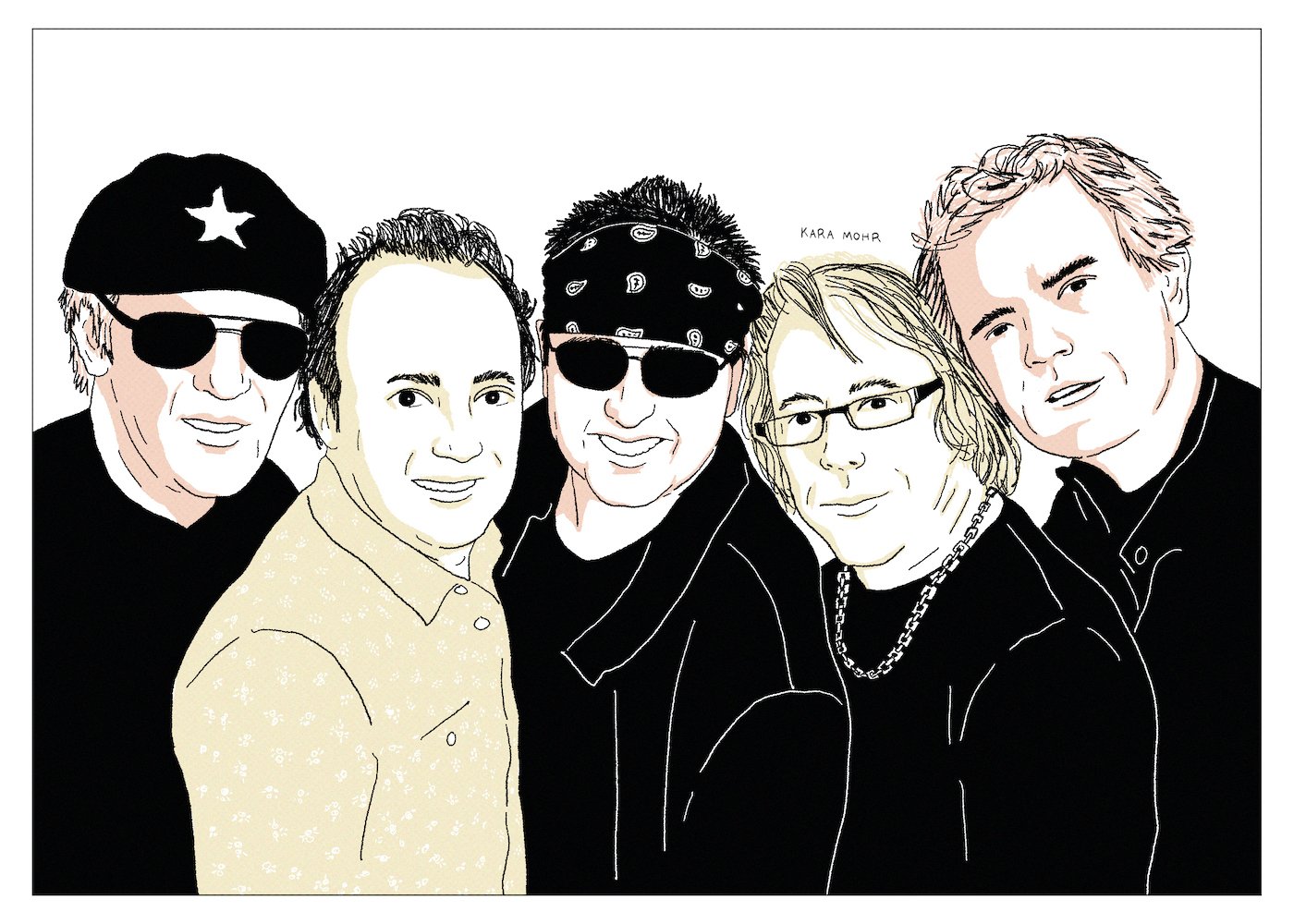
Loverboy “Unfinished Business”
Peak Loverboy is the sound of producer, Bruce Fairbairn, and engineer, Bob Rock. So is peak Bon Jovi. So is second peak Aerosmith and fourth peak AC/DC. It’s a big sound — heavy but not pummeling, bombastic but not ridiculous. It’s also a clean sound — every instrument has its place. It was their knob turning that made Bon Jovi sound like making out, Def Leppard sound like getting off and Loverboy like dry humping. As good as Loverboy was, their brief and unfathomable greatness was really that of their producer and engineer. A quarter century after their heyday, though, without Fairbairn or Rock, Calgary’s finest Arena Rock band returned one more time, as though to prove to Bon Jovi and Def Leppard who really came first.
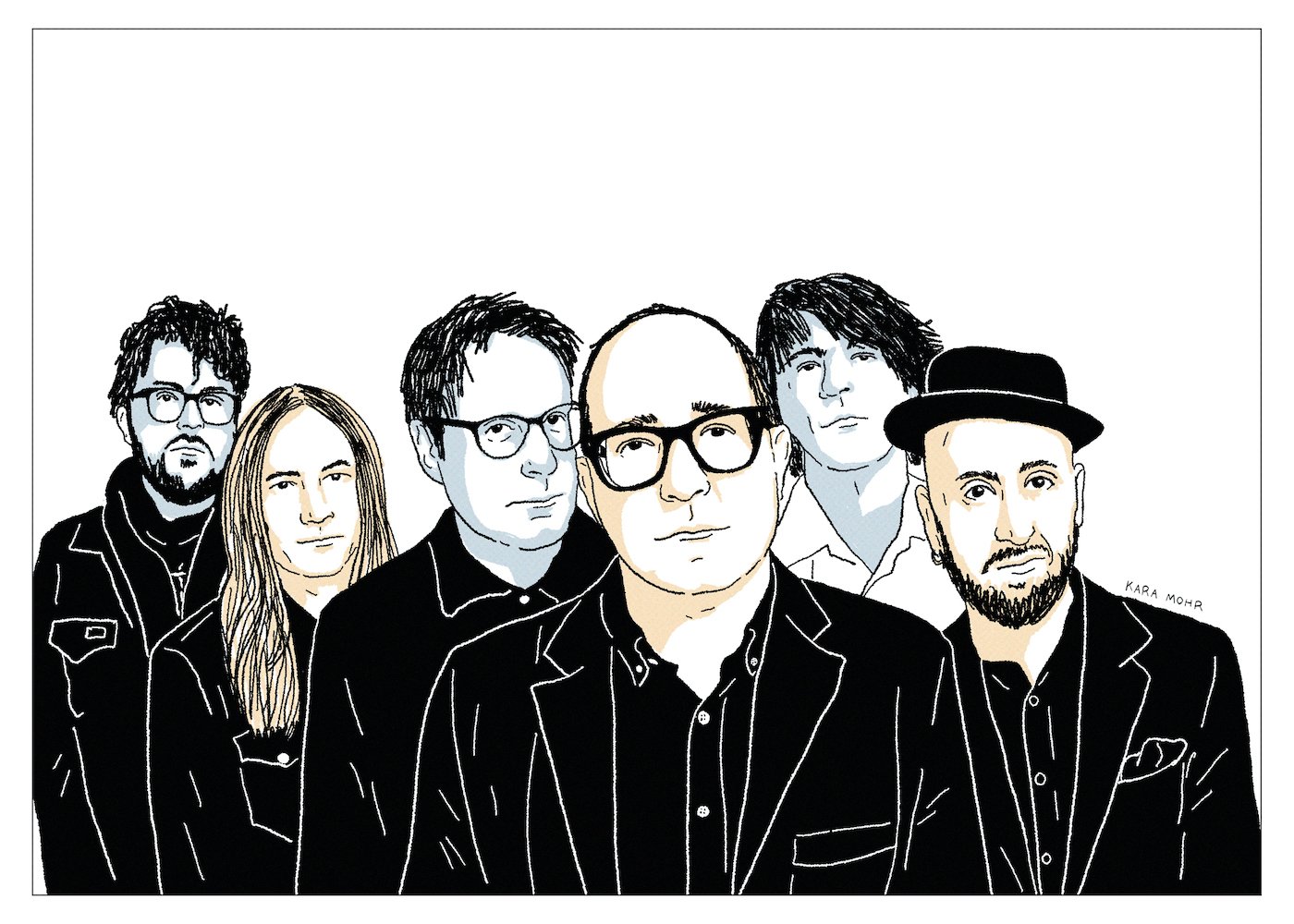
The Hold Steady “Thrashing Thru the Passion”
Of course we loved them. How could we not? After The Strokes and Interpol we needed something seriously less serious. We asked, and Saint Paul answered with The Hold Steady, a bar band that was also a bard band. Five guys who liked to drink and who sounded like Thin Lizzy covering The E. Street Band covering “Tangled Up in Blue,” but with Randy Newman on vocals. Three albums in, they represented everything that was great about Brooklyn. Three albums later, they seemed more like the downside of gentrification. Album number seven, however, which was released five years after their disappointing sixth, was a triumph — a recollection of where they had come from as well as an honest assessment of the price of progress.
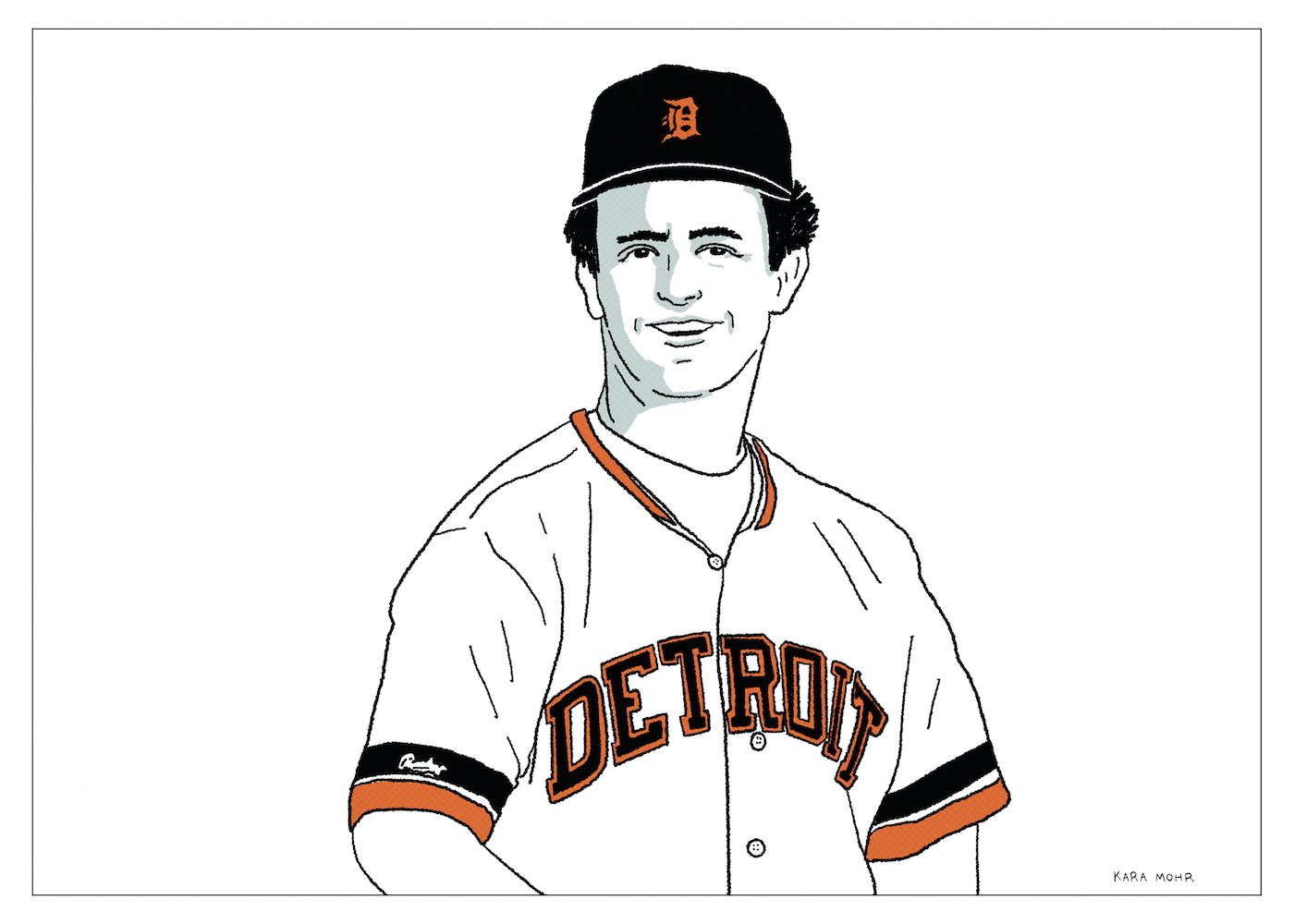
Fred Lynn “Gold Dust”
Five decades after Fred Lynn exploded onto the scene, Carlton Fisk’s Game Six game winner is baseball canon. Similarly, most middle-aged Bostonians still remember Yaz’s Triple Crown and Rice’s “monstah bombs ovah the green monstah.” However, casual fans have forgotten what Fred Lynn meant to Boston — the Gold Gloves, the Rookie of the Year and the MVP award, and the promise of a long, bright future. Throughout his twenties, Fred Lynn was racing towards Cooperstown. But as the years passed, as his injuries mounted, and as his jaw-dropping exploits faded into the rear view, many have forgotten what was once so exceptionally exceptional about Fred Lynn.
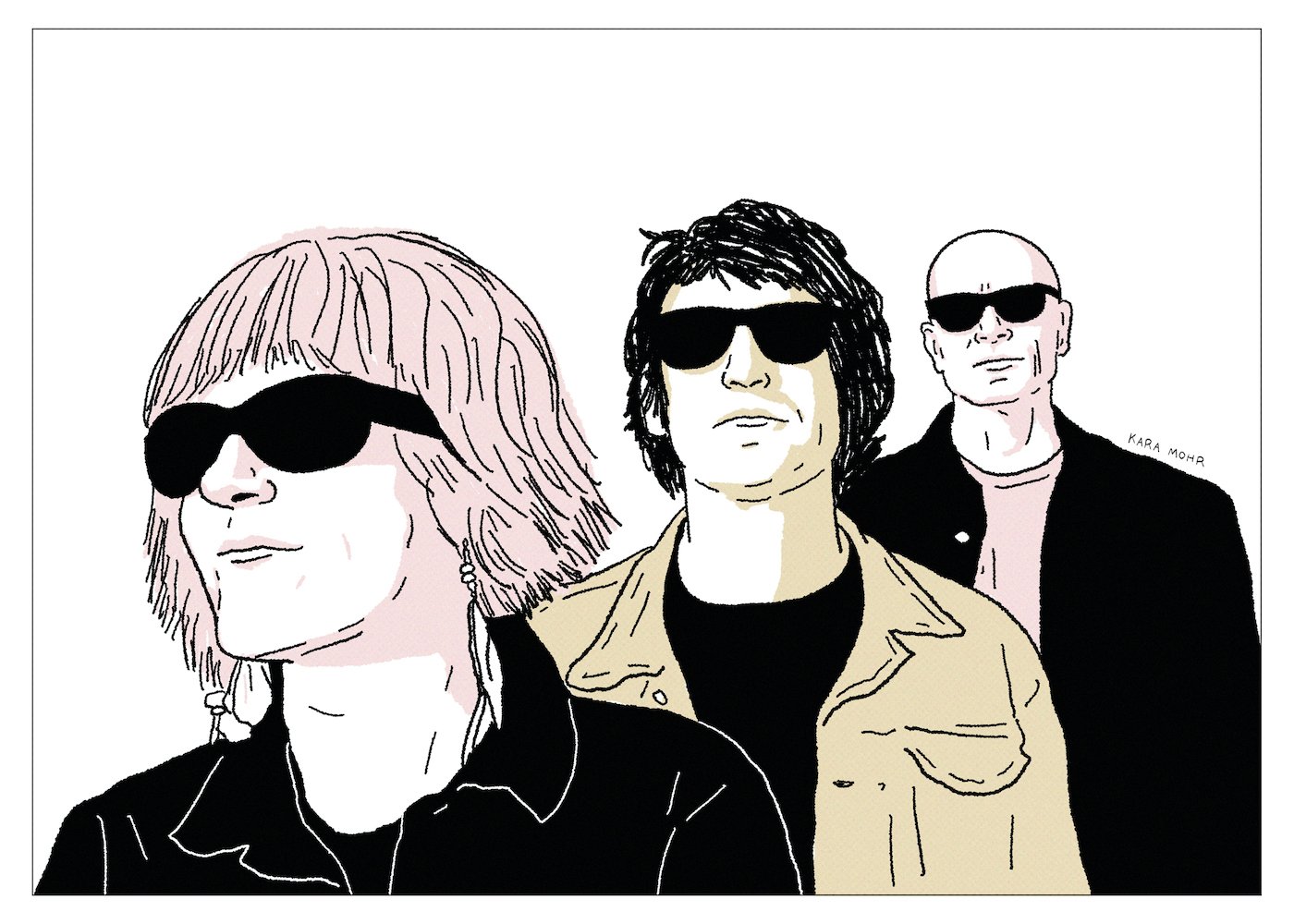
No. 2 “First Love”
Soon after the breakup of Heatmiser, Elliott Smith was an internationally renowned, critically adored singer-songwriter. But less than five years after his breakthrough — after he stood nervously on stage in a white suit, singing “Miss Misery” for some of the most famous people in the world — Elliott Smith was dead. By that point, his former bandmate and college buddy, Neil Gust, had moved from Portland to New York City, where he gave up his rock and roll ghosts and let the bruises of Heatmiser fade. Gust traded in his band for a three person domestic partnership, and traded in his guitar for a video editing suite. The man who was once Elliott Smith’s closest friend and who was, for a time, also considered his songwriting equal, became a successful commercial video editor. But nearly twenty years after his last record, when he was fifty years old, Neil Gust returned to Portland and started making new music again.
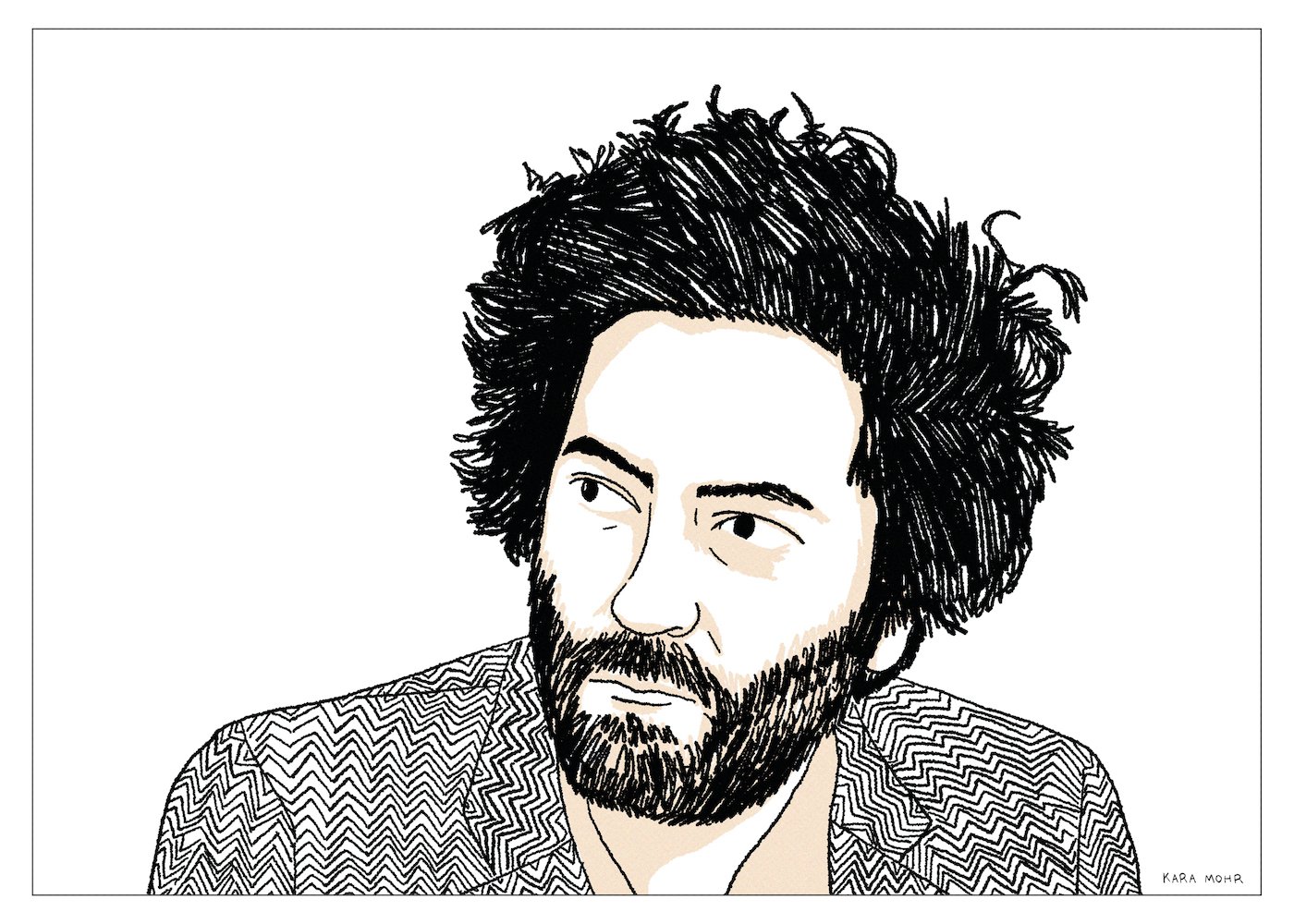
Destroyer “Have We Met”
Destroyer’s ninth studio album, “Kaputt,” was the rare album that succeeded poolside at boutique hotels as much as it did inside Urban Outfitters as much as it did at grad school cocktail parties. In the career of Dan Bejar, and in spite of everything he had accomplished before — with Destroyer and with The New Pornograohers — there was “before Kaputt” and “after Kaputt.” After “Kaputt,” a lot changed. Bejar got semi-famous. His clothes got fancier. His hair got bigger — and slightly grayer. Strangers wanted to talk to him. People wanted to hear what he had to say. And, moreover, what he meant. Was he really a master making masterpieces or was it all just artfully arranged, magnetic poetry from the most interesting man in North America?
